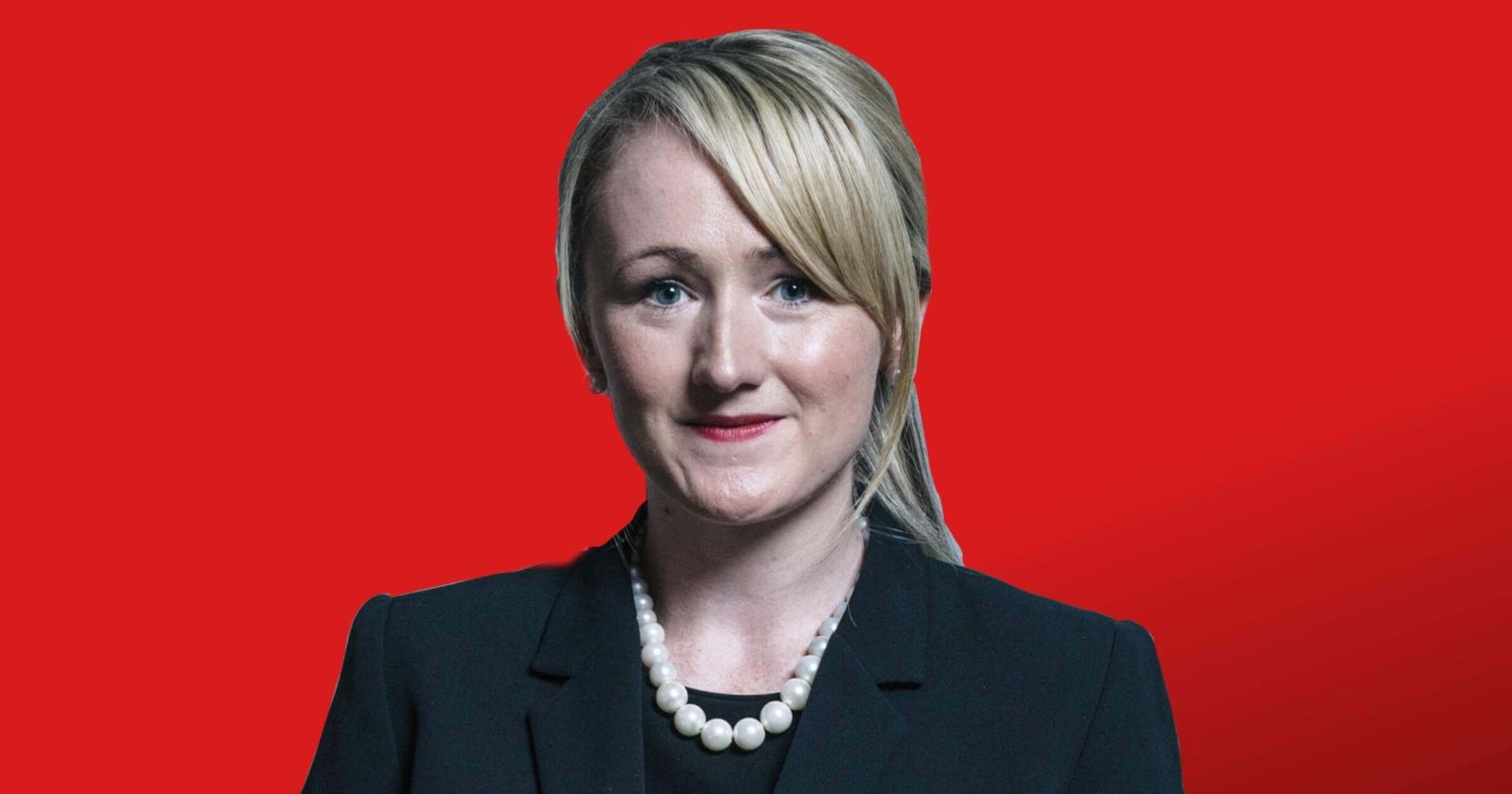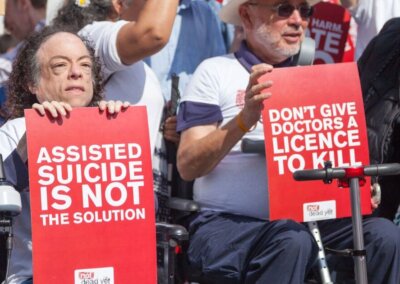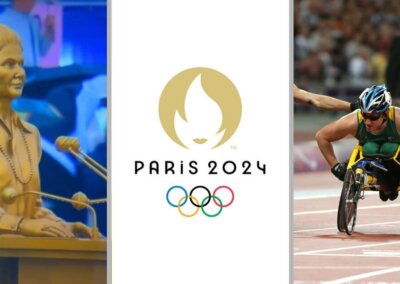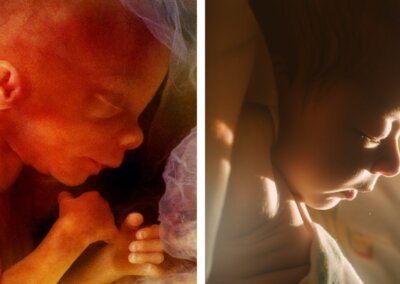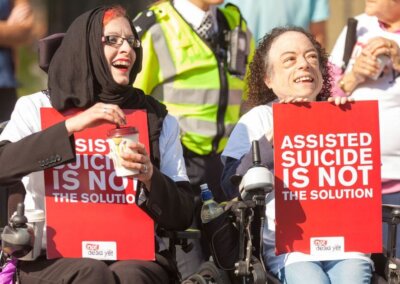A Labour leadership candidate has come under attack from the party’s supporters on social media after it was revealed she does not support disability-selective abortion after the standard limit of 24 weeks.
Currently, disability-selective abortion, for conditions including Down’s syndrome, cleft lip is legal for any reason up to birth while the upper limit is 24 weeks if the baby has no disability.
Rebecca Long-Bailey confirmed her position in her response to a series of questions from representatives of Salford’s Catholic cathedral during the 2019 election campaign.
A spokesman for Long-Bailey has since ‘stressed’ to the Guardian that she “unequivocally supports a woman’s right to choose” and highlighted her vote in favour of in favour of imposing Europe’s most extreme abortion laws on Northern Ireland.
Asked by priests at Salford Cathedral if she would support the removal of this clause, Long-Bailey said:
“I personally do not agree with this position and agree with the words of the Disability Rights Commission that ‘the context in which parents choose whether to have a child should be one in which disability and non-disability are valued equally.’”
Criticism of Long-Bailey’s views fly in the face of public opinion and have been highlighted by international regulatory bodies.
In 2017, UK polling found that the majority now feel that disability should not be a grounds for abortion at all, with only one in three people thinking it is acceptable to ban abortion for gender or race but allow it for disability.
The Equality and Human Rights Commission (EHRC, previously the Disability Right Commission) have said: “The Section is offensive to many people; it reinforces negative stereotypes of disability… is incompatible with valuing disability and non-disability equally”.
The UN Committee on the Rights of Persons with Disabilities has consistently criticised laws which differentiate between unborn babies on grounds of disability.
These concerns were also noted in a UK Initial Report on the CRPD, which stated under Article 10 – the right to life – “concerns were expressed around the approach to abortion in the UK, where disabled people have suggested a bias towards termination of pregnancies if a child is likely to be disabled”.
In 2013 a parliamentary inquiry into abortion for disability found the vast majority of those who gave evidence believed allowing abortion up to birth on the grounds of disability is discriminatory, contrary to the spirit of the Equality Act 2010 and affects wider public attitudes towards discrimination. The inquiry recommended Parliament reviews the question of allowing abortion on the grounds of disability and should consider repealing section 1(1)(d) of the Abortion Act which allows for it.
Lord Shinkwin, who has been disabled since birth, sought to change the legal limit for all terminations to 24 weeks in 2017 but his private member’s bill, which was supported by Disability Rights UK, ran out of time before progressing beyond the House of Lords.
Responding to a question on the 24-week time-limit for abortion and whether it should be reduced, Long-Bailey said that the Labour Party would consult on any changes to abortion regulations and that she would “play her part” in “ensuring that [the Catholic Church’s pro-life] views are heard.”
In the same questionnaire, Long-Bailey claimed she would “never contemplate abortion” but did reinstate Labour’s manifesto promise to “uphold women’s reproductive rights and decriminalise abortions.”
She also indicated she would be supportive of ending maternity discrimination and would ban the unfair dismissal of pregnant women. “Labour will also revolutionise parents’ rights by increasing paid maternity leave from nine to 12 months, doubling paternity leave to four weeks and extending pregnancy protection,” she added.
While she has been absent from most other votes on abortion since she was first elected, in 2015, Long-Bailey voted in favour of imposing Europe’s most extreme abortion laws on Northern Ireland.
In 2015, she joined a majority of 212 MPs in voting against a Bill to introduce assisted suicide in the UK.
Long-Bailey is standing against Sir Keir Starmer, Lisa Nandy, Jess Philipps, Emily Thornberry. She received the second-highest number of nominations, with the backing of 33 Labour colleagues.
Jeremy Corbyn’s successor will be announced on 4 April. He is standing down after Labour lost its fourth general election in a row last month, suffering their worst electoral defeat since 1935.
It comes after the party pledged plans to introduce abortion, for any reason, up to birth.
Sadly, all five leadership candidates voted in favour of imposing Europe’s most extreme abortion law on Northern Ireland.
Our analysis will be published in full tomorrow.
A spokesperson for Right To Life UK, Catherine Robinson said:
“It’s ridiculous to see outrage against a leadership candidate simply stating that they oppose aborting babies with conditions such as cleft lip, club and Down’s syndrome right through to birth. This is a mainstream position with strong support from disability rights groups and the wider population.
“Polling shows that the majority of people feel that disability should not be a grounds for abortion at all. This demonstrates that the small but vocal group of people who are outraged about Rebecca Long Bailey’s position on disability abortion are totally out of touch.”


